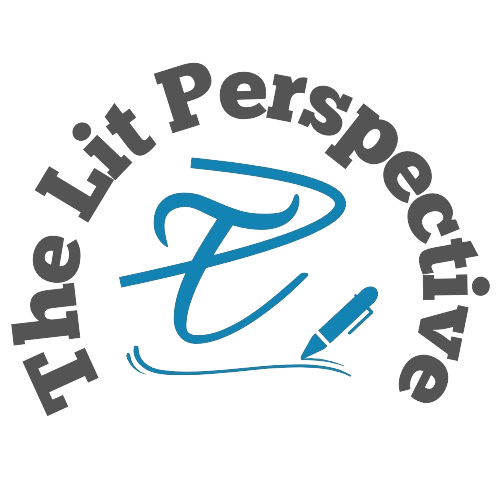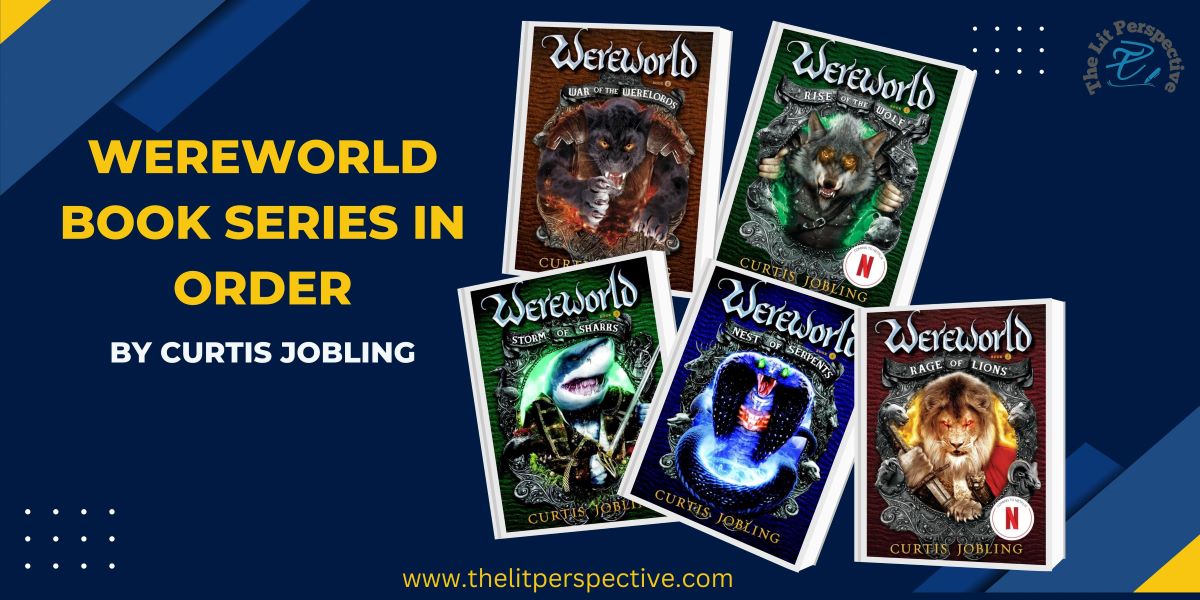TheLitPerspective is your one-stop shop for everything that ignites the spark of curiosity within you.
The Ultimate Guide to Classic Science Fiction Novels You Shouldn’t Miss
Science fiction is a genre that sparks the imagination and takes readers on journeys to distant planets, into the future, and across alternate realities. From dystopian societies to space explorations, the genre has something for everyone.
In this guide, we’ll explore classic science fiction novels you shouldn’t miss. These works have shaped the genre, inspired countless films and TV shows, and remain relevant in today’s world.
Whether you’re a longtime fan or new to sci-fi, this guide will help you discover the most influential and exciting sci-fi novels.
1. The Foundation Series by Isaac Asimov
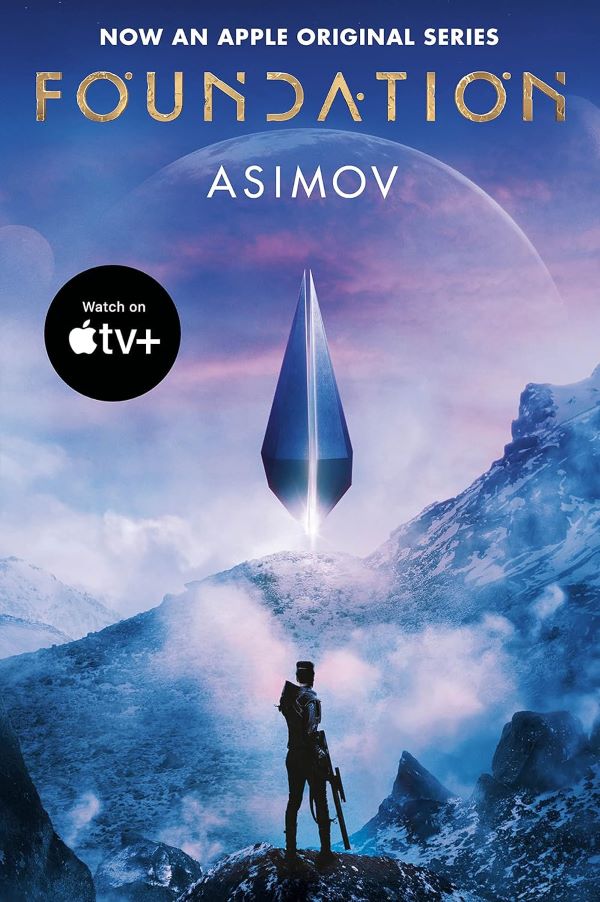
Isaac Asimov’s Foundation series is one of the most important works in science fiction. First published in 1951, it introduces the concept of “psychohistory,” a fictional science that predicts the future of large populations. The series focuses on the efforts of a group of scientists to preserve human knowledge and civilization as the Galactic Empire collapses.
Why You Should Read It:
- Foundation is often credited with laying the groundwork for modern sci-fi.
- It explores themes of politics, science, and social structure.
- It has had a lasting impact on popular culture and influenced works like Star Wars and Dune.
Key Themes:
- Power and governance
- The cyclical nature of history
- The role of knowledge in shaping civilization
2. 1984 by George Orwell
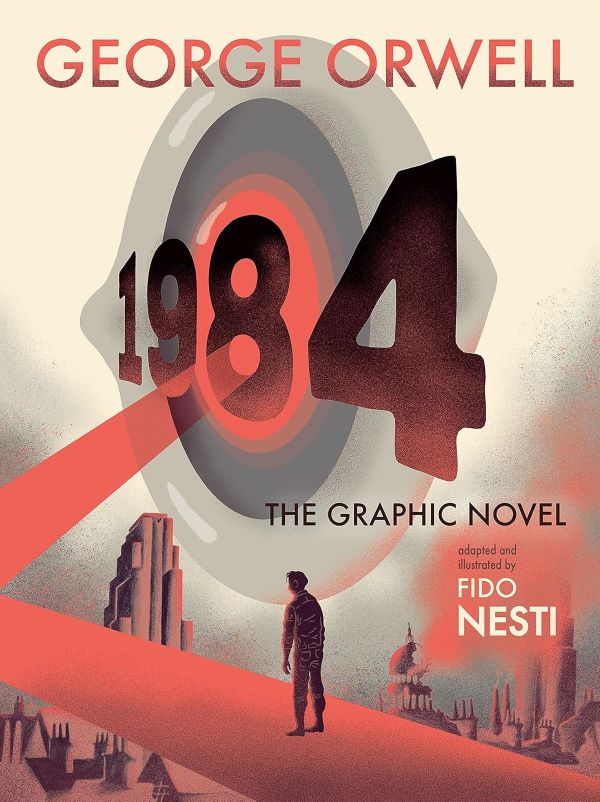
George Orwell’s 1984 is a classic dystopian novel set in a totalitarian future where the government controls every aspect of life. The novel follows Winston Smith, a worker in the Party’s propaganda division, who begins to question the oppressive regime.
Why You Should Read It:
- 1984 is often considered one of the most powerful critiques of government surveillance and authoritarianism.
- Its terms like “Big Brother,” “thoughtcrime,” and “doublethink” have become part of the modern lexicon.
- The novel remains relevant, especially in discussions about privacy and government control.
Key Themes:
- Surveillance and control
- Individual vs. state
- The dangers of totalitarianism
Read also: 10 Sci-Fi Books That Will Change How You See the Universe
3. Dune by Frank Herbert
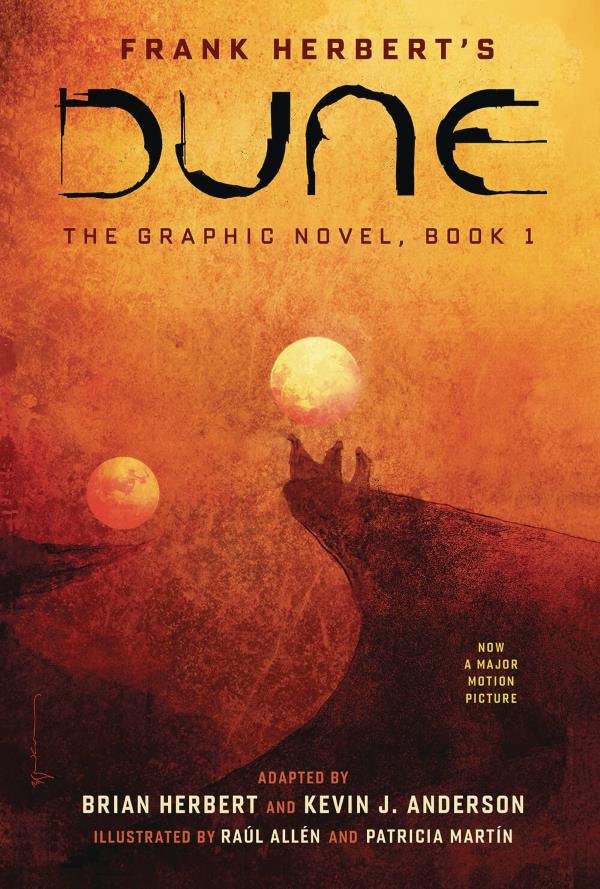
Frank Herbert’s Dune is often considered the greatest sci-fi novel of all time. Published in 1965, it tells the story of Paul Atreides, a young nobleman whose family is entrusted with the planet Arrakis, the only source of the valuable spice melange.
Why You Should Read It:
- Dune is a blend of politics, religion, ecology, and mysticism, making it a deep and rich reading experience.
- It has influenced many modern sci-fi works, including films, books, and video games.
- Its themes of resource control, power, and environmentalism are more relevant than ever.
Key Themes:
- Ecology and resource management
- Power, politics, and religion
- The hero’s journey
4. The Left Hand of Darkness by Ursula K. Le Guin
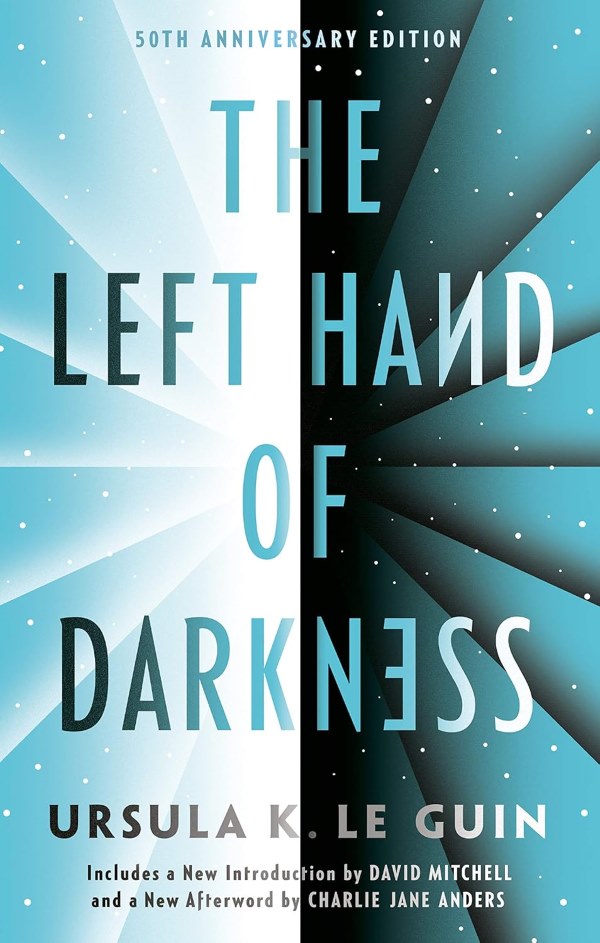
Ursula K. Le Guin’s The Left Hand of Darkness (1969) explores the planet Gethen, where the inhabitants can change sex depending on their partner. The story follows Genly Ai, a human envoy from Earth, as he navigates Gethen’s complex politics and culture.
Why You Should Read It:
- The Left Hand of Darkness is a groundbreaking work in gender studies within science fiction.
- Le Guin’s exploration of gender, identity, and culture makes this novel timeless and thought-provoking.
- It has won multiple awards, including the Hugo and Nebula awards.
Key Themes:
- Gender and identity
- Political and cultural diplomacy
- The nature of humanity
5. Brave New World by Aldous Huxley
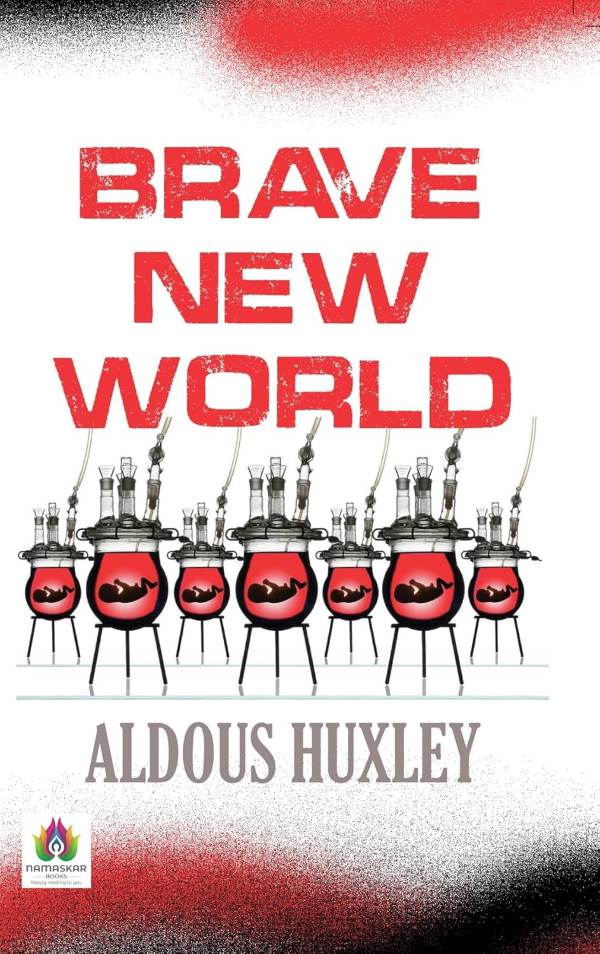
Aldous Huxley’s Brave New World (1932) presents a society where technology, pleasure, and genetic engineering are used to maintain stability and control. Unlike Orwell’s 1984, Huxley’s world is one where citizens are conditioned to be happy in their roles, devoid of freedom but also of conflict.
Why You Should Read It:
- Brave New World presents a chilling look at the potential dangers of state-controlled happiness and genetic engineering.
- It offers a critique of consumerism, individualism, and the pursuit of pleasure above all else.
- The novel remains a touchstone for debates on bioethics and societal control.
Key Themes:
- Technology and control
- Happiness vs. freedom
- Genetic engineering and eugenics
6. Neuromancer by William Gibson
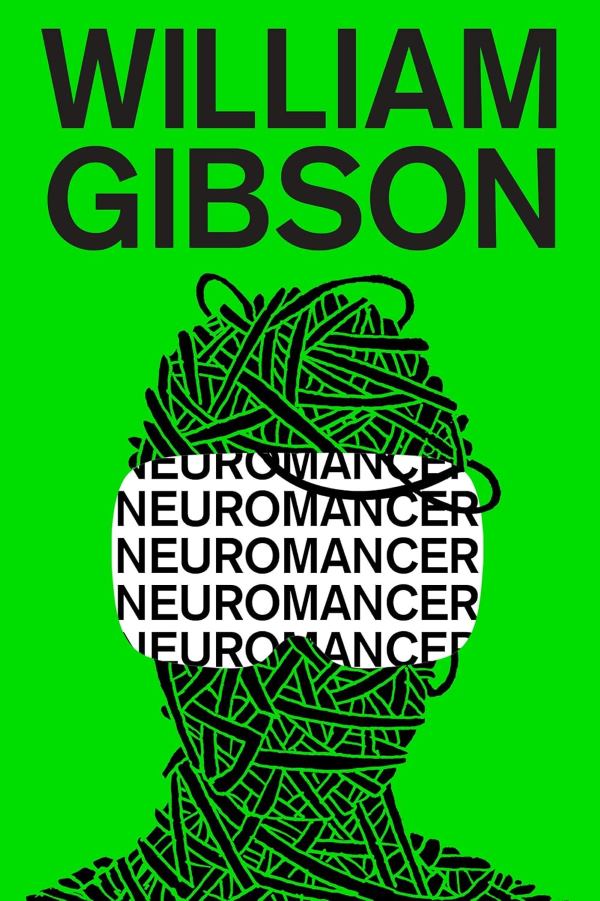
William Gibson’s Neuromancer (1984) is a pioneering work in the cyberpunk genre. The novel follows Case, a washed-up computer hacker hired to pull off a heist in cyberspace. Neuromancer introduces the concept of “cyberspace,” an idea that has since become a foundational element of the internet and virtual reality.
Why You Should Read It:
- Neuromancer helped define the cyberpunk subgenre, influencing everything from The Matrix to modern-day tech culture.
- It explores artificial intelligence, hacking, and the future of technology in ways that feel ahead of its time.
- The novel has had a lasting impact on technology, science fiction, and pop culture.
Key Themes:
- Artificial intelligence
- Virtual reality and cyberspace
- The intersection of man and machine
7. Fahrenheit 451 by Ray Bradbury
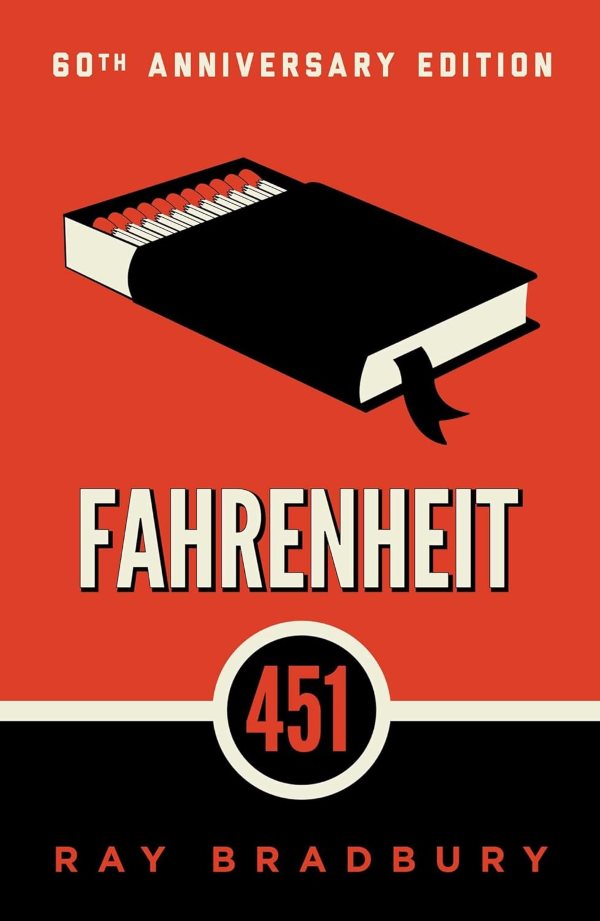
Ray Bradbury’s Fahrenheit 451 (1953) is a dystopian novel set in a future where books are banned, and “firemen” burn any that are found. Guy Montag, a fireman, begins to question the society he lives in after meeting a rebellious young woman.
Why You Should Read It:
- Fahrenheit 451 is a powerful exploration of censorship, freedom of thought, and the role of books in society.
- It warns against the dangers of passive entertainment, mass media, and conformity.
- Bradbury’s timeless prose remains a call to action for those who value knowledge and free expression.
Key Themes:
- Censorship and freedom of expression
- The role of books and knowledge
- Individuality vs. conformity
8. The Stars My Destination by Alfred Bester
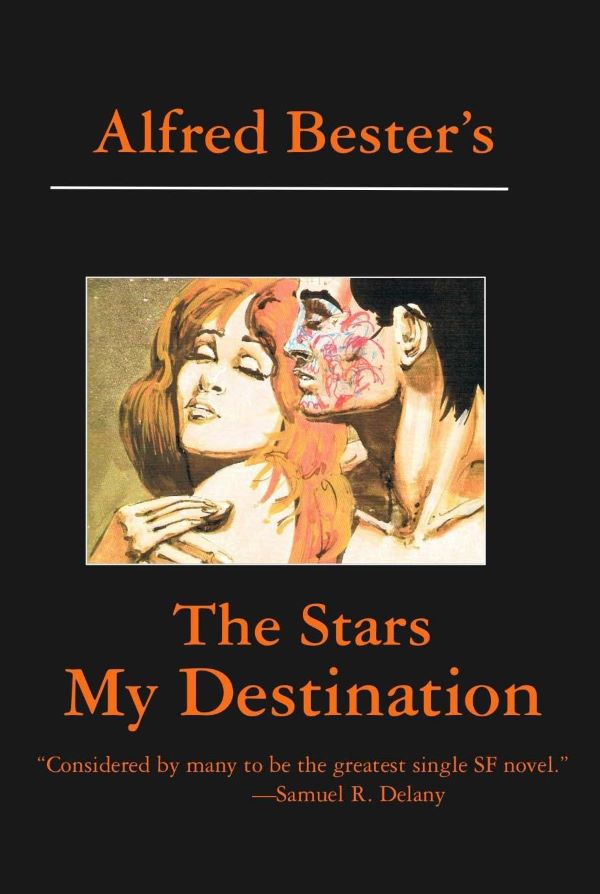
Published in 1956, Alfred Bester’s The Stars My Destination is a fast-paced revenge tale set in space. The novel follows Gully Foyle, a criminal who is stranded on a spaceship and seeks revenge against those who left him for dead.
Why You Should Read It:
- The Stars My Destination is often regarded as one of the best space operas ever written.
- It blends elements of classic adventure with psychological depth, making it a unique and engaging read.
- Bester’s influence can be seen in many modern science fiction works.
Key Themes:
- Revenge and redemption
- Identity and transformation
- Space exploration
Read also: Hard Sci-Fi vs. Space Opera
5 Frequently Asked Questions (FAQs)
A classic sci-fi novel is one that has a lasting impact on the genre, introduces new ideas, and continues to be relevant or influential over time. These novels often explore timeless themes like the future of humanity, technology, and society.
Many modern sci-fi works build upon ideas and themes introduced in classic novels. For example, Dune influenced the Star Wars franchise, and Neuromancer shaped modern cyberpunk and virtual reality.
Common themes include the impact of technology on society, the nature of humanity, dystopian societies, space exploration, and the future of government and power.
If you’re new to the genre, 1984 or Fahrenheit 451 might be great places to start. These novels offer engaging stories and are relatively easy to read while still tackling important themes.
Many classic sci-fi novels have accurately predicted technological advancements, like the rise of the internet in Neuromancer or the ethical dilemmas surrounding genetic engineering in Brave New World.
TakeAways: Start Your Sci-Fi Journey Today!
Science fiction is more than just a genre; it’s a lens through which we can examine the world and our future. Classic sci-fi novels offer deep insights into human nature, technology, and society. Whether you’re interested in exploring dystopian societies, vast space operas, or thought-provoking philosophical questions, there’s a classic sci-fi novel waiting for you.
So, pick up one of these books, start your adventure, and see how these timeless stories continue to shape our understanding of the world. Happy reading!
TheLitPerspective is your one-stop shop for everything that ignites the spark of curiosity within you.
